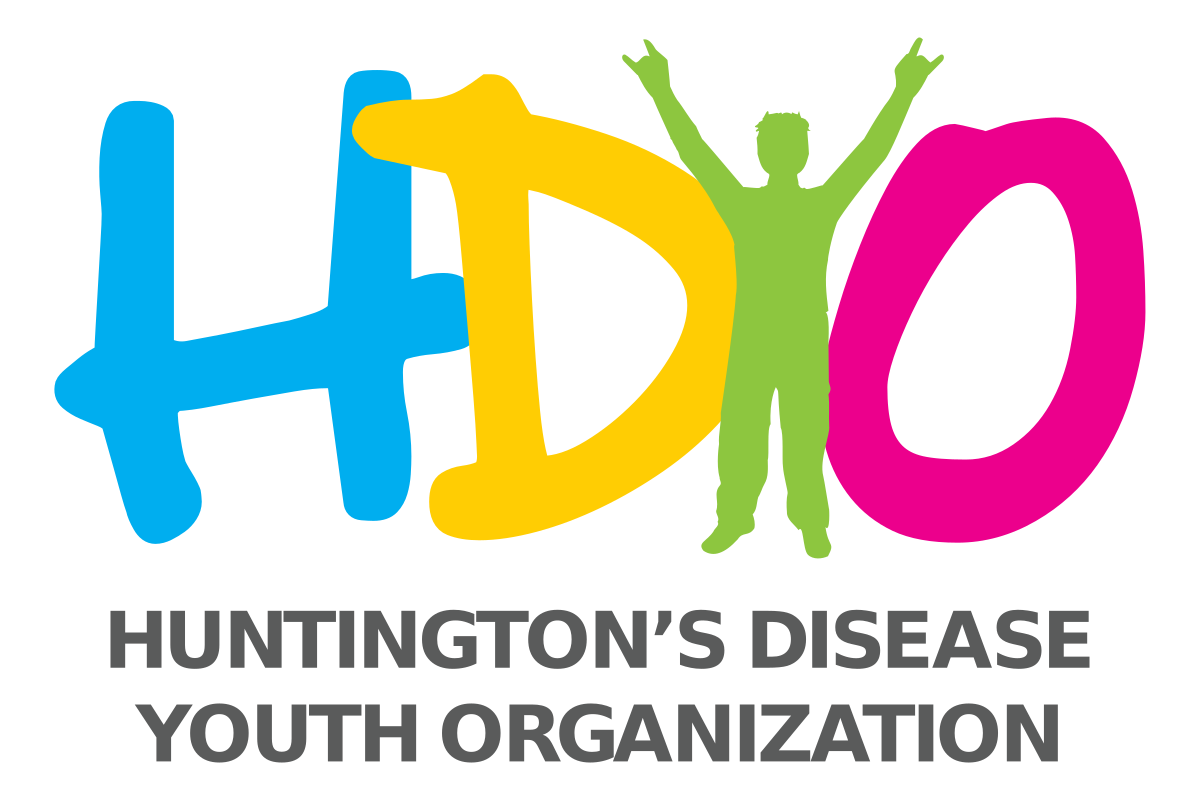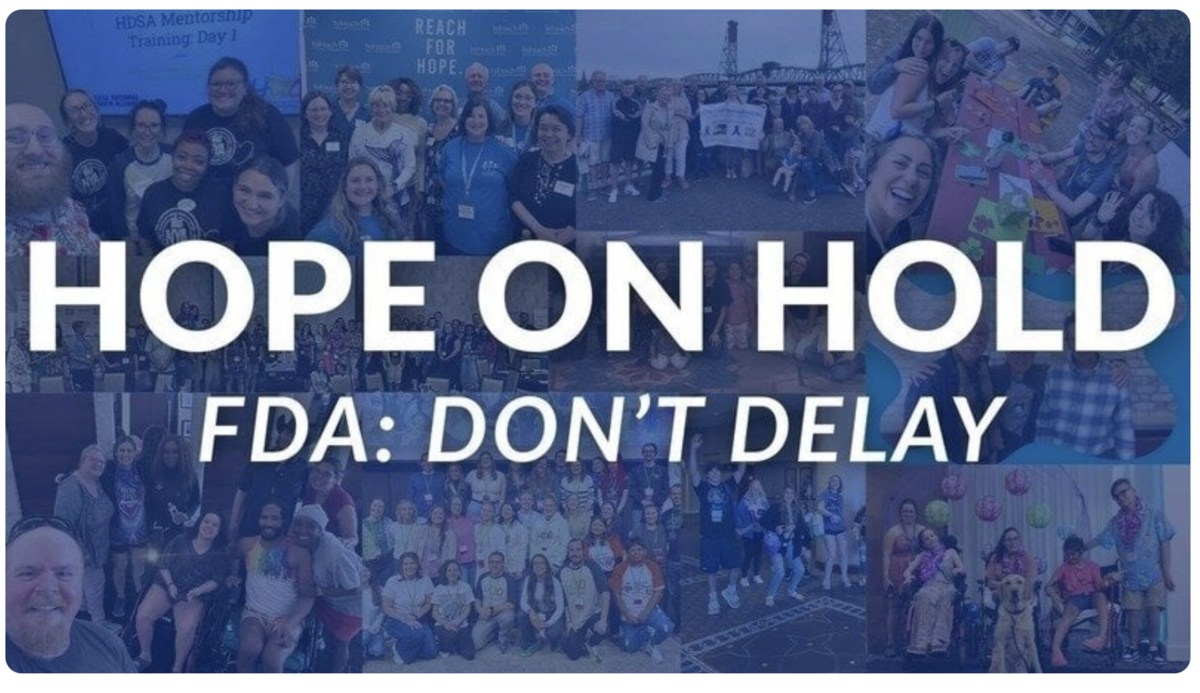Empowering Young HD Caregivers
August 02, 2025

HDYO has more information about HD available for young people, parents and professionals on our site:
www.hdyo.org
*Reviewed by Education and Research Committees 2025
Across the Huntington’s Disease (HD) community, many young people quietly step into caregiving roles without warning, preparation, or choice. These young caregivers face a unique and often invisible burden. Their experiences can vary widely depending on their age, home life, parent’s symptoms, etc. When young people are expected to take on adult responsibilities, their own development can suffer. With age-appropriate understanding, validation and support, professionals can help young caregivers feel seen and heard not just as helpers, but as individuals.
Supporting caregivers from different age groups
Pre-Teen Caregivers (Ages 8 -12)
Typical Struggles
Pre-teens may not have the vocabulary or maturity to fully understand HD, but they can also feel stressed. They may witness mood swings, physical changes, or emotional instability in a parent, grandparent, or sibling and not understand why these are happening.
These children may experience:
- Confusion and fear about what is happening to their loved one.
- Feeling isolated, especially if their peers do not understand HD.
- Difficulty balancing schoolwork, playtime and caregiving tasks, such as helping with chores or caring for younger siblings.
- Living in chaotic or unsafe environments, where structure and emotional safety may be lacking.
- Financial strain and stress due to a parent's potential job loss or reduced independence.
What Professionals Can Offer
To support pre-teen caregivers, professionals should:
- Use simple, clear, age-appropriate language to explain HD and the expected changes in their loved ones.
- Connect them with peers who are also impacted by HD through youth groups, camps, conferences, or art/play therapy programs.
- Advocate for school support, including academic flexibility, emotional check-ins, and teacher awareness.
- Screen for trauma and unsafe caregiving demands, especially in families where the young person is responsible for more than would typically be expected.
- Encourage open dialogue within the family to help the child feel heard, supported and less alone in their experience.
- Consider when to involve parents, guardians, trusted adults or family members. This HDYO article offers guidance on how and when to include children in a supportive way.
Teen Caregivers (Ages 13 -17)
Typical Struggles
Teenagers who are caregiving in HD-affected families tend to take on a lot of responsibilities. As their loved one’s symptoms progress, teens may take on physical care, manage the emotional tone in the household and suppress their own needs to keep things stable.
Common struggles include:
- Managing multiple responsibilities such as school, part-time jobs and caregiving.
- Experiencing many emotions such as grief, anger, guilt, resentment and helplessness.
- Developing their identity in the shadow of family illness and instability.
- Withdrawing socially or engaging in risky behaviors as a coping mechanism.
- Navigating challenges in relationships such as struggling to maintain friendships, having difficulty developing romantic connections, or inability to build deeper social bonds due to stress, secrecy, or emotional exhaustion.
What Professionals Can Offer
To help teen caregivers thrive, professionals should:
- Help set boundaries around caregiving to encourage realistic expectations and rest time.
- Provide access to mental health care, including one-on-one counselling or peer support programs.
- Affirm and validate the young person’s experiences to normalize their emotions and assure them they are not alone.
- Support their education and goals, offering practical tools like scholarship resources or flexible academic planning.
Teen caregivers need more than just coping strategies. They need space to dream, build their future and feel that their life includes more than caregiving.
Young Adult Caregivers (Ages 18 – 25)
Typical Struggles
Young adults in caregiving roles can find themselves straddling two worlds. One where they’re expected to be independent and another where they are deeply entrenched in the day-to-day care of a loved one with HD. This duality can be incredibly isolating, especially when peers are moving through milestones such as graduating, traveling and starting careers, while they are managing medications, appointments, or personal care for loved ones.
Common struggles include:
- Difficulty managing decisions about higher education, careers and long-term relationships, while caregiving for a loved one. These milestones can be interrupted or delayed, leading to feelings of being “left behind.”
- Taking on legal, financial and healthcare responsibilities, young adults might become medical proxies, manage bank accounts, or advocate in care meetings for their loved ones. These roles carry immense pressure typically with little preparation or support.
- Chronic grief, often compounded by the ambiguity of watching a loved one slowly decline. This ongoing grief can be especially painful when layered with their own life transitions.
- Burnout and health neglect are common. The mental and physical demands of caregiving often lead young adults to ignore their own wellbeing, which can have long-term consequences.
What Professionals Can Offer
- Provide education and guidance on legal tools including Power of Attorney (POA), healthcare proxies and advanced directives. Connecting young adult caregivers to social workers or legal aid services can be a powerful way to reduce overwhelming feelings.
- Support career and education planning. Encourage young adult caregivers to identify goals and create a roadmap which includes self-care and long-term purpose.
- Create peer support spaces through online forums, HD-focused young adult groups, or programs that focus on similar experiences as a HD caregiver. Being seen and heard by others who understand how HD impacts a family is vital.
- Normalize and validate emotional experiences of young people impacted by HD. Professionals should offer support and safe spaces for young people to express complicated emotions without judgement.
Key Considerations for All Ages
- Loved One’s Stage of Illness Matters: The caregiving journey looks very different depending on the progression of HD. An 8-year-old whose parent is in the early stages of HD may be dealing with subtle behavioral changes. A 16-year-old navigating hospice care for a parent might be facing profound anticipatory grief and possibly trauma. Interventions should reflect both the caregiver’s age and the stage of illness. This anticipatory grief may also include the emerging realization that the burden they see affecting their loved one, could- or will -one day affect them, depending on their gene testing status.
- Family Dynamics Can Complicate Everything: Not all caregiving environments are safe or healthy. Professionals must screen for abuse, neglect, emotional manipulation, and harmful family dynamics. Some young caregivers are forced into roles by guilt or coercion. Many might be afraid to speak out. Trauma-informed care and mandatory reporting protocols are essential.
- Flexibility Is Non-Negotiable: Every young caregiver is different. A one-size-fits-all is not the best approach to help young people. Some young people might need academic advocacy. Others may need trauma support or respite care. The key is to assess each situation and tailor interventions to the developmental stage and specific caregiving context.
Conclusion
Young caregivers of people affected by HD often shoulder immense responsibilities. They are children, teens and young adults impacted by HD and trying to cope with life, often without much support. Healthcare professionals should assess each situation while considering the young person’s age, developmental stage and support system. By providing clear, easy to understand information, connections to resources, safe spaces and compassion, healthcare professionals can help these young people navigate their HD journey.



